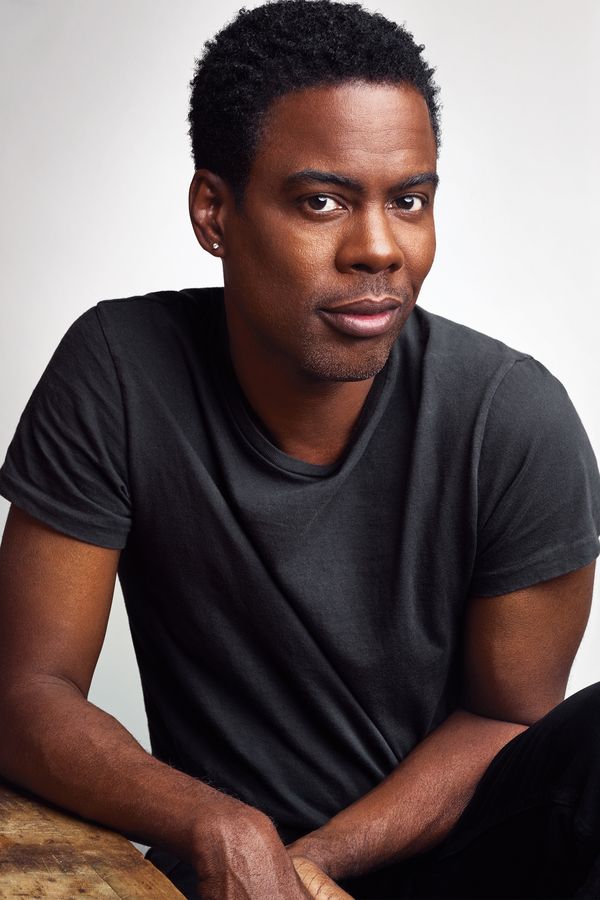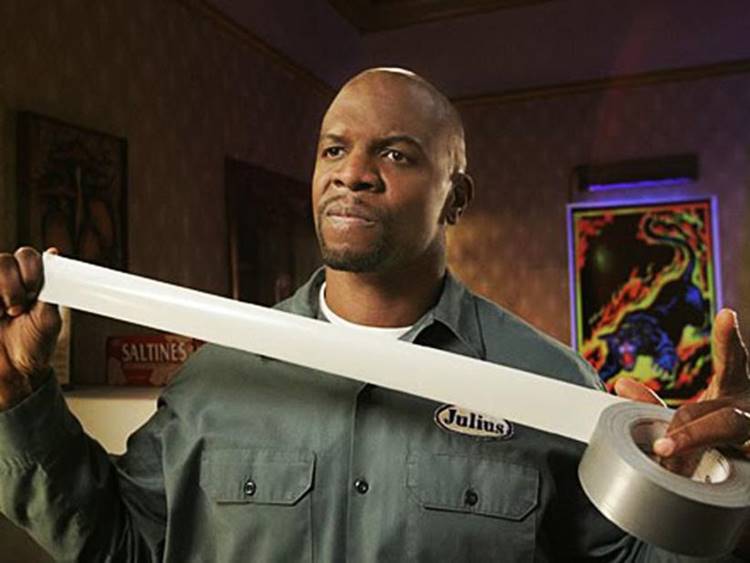

Julius was subsequently invited to join Masekela’s new African band, Ojah, and Masekela’s 1975 album The Boy’s Doin’ It (for which Julius co-wrote the title track) included a glorious, lengthy treatment of Ashiko. Masekela, who was passing through Washington, heard Umoja playing at a rehearsal and joined in on the flugelhorn when they played Ashiko, a rousing Julius composition. When he relocated to the US in 1974 he based himself first in New York and then Washington, forming a new band, Umoja, that performed alongside stars such as Isaac Hayes and Curtis Mayfield. He went on to record further albums in Nigeria, responding to popular taste by introducing more funk, rock or Afrobeat influences into his songs and notching up more hit singles. Malcolm Catto, the Heliocentrics’ drummer, said he had 'never met anyone with so little ego'
#Julius rock plus
The song reappeared on Julius’s first solo album, Super Afro Soul (1966), along with other hits including Topless and the James Brown-influenced Ijo Soul, plus a highlife treatment of Robinson and Ronald White’s My Girl. It became a massive hit across the country thanks to its infectious, catchy riff and tight rhythm section, matched against sturdy horn playing and vocals. He was only 22 when he and the Modern Aces became household names in Nigeria with their single Jagua Nana, in which a woman is compared to a Jaguar car. “I was listening to John Coltrane, Otis Redding and Smokey Robinson, and wanted to make my own soul music,” he said. They played highlife and juju styles, but Julius had other ideas.

He went on to work with other leading musicians, including Eddy Okonta and IK Dairo. Making his way to Ibadan, he worked at a bakery as he tried to get experience with local bands, initially playing drums in the Action Group, run by Jazz Romero, and studying at the Ibadan music school. He played the drums and flute at St Peter’s Anglican school in Ikole, but left when he was 14, after the death of his father. As a child he sang with his mother and played drums “while she worked on the yarn … and I knew that music was the way for me”. Born in Ikole Ekiti during the British colonial era, Orlando was the son of Adeojo Ekemode, a trader and shopkeeper, and his second wife, Tinuola Dorcas, who farmed and made handwoven cloth.


 0 kommentar(er)
0 kommentar(er)
